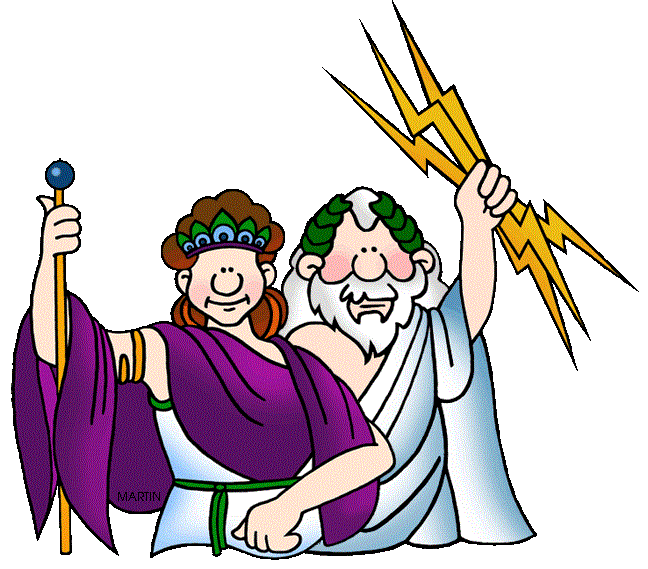As we learn more about what makes a democracy, we have before us a true "teachable moment." Here is an opportunity to teach our children about how responsible, engaged, and informed citizen participation is vital to a healthy democracy.
These students are intelligent, empathetic, and aware of the controversy, and often the rhetoric, that comes with any election process, and clearly they are developing their voice, their opinions, about this one. We must show them that we value these opinions and challenge them to support their opinions with facts. (That begins with showing them how.)

We can start by finding out what is important to them and then make watching or reading about the presidential debates a shared experience. Look HERE for ideas.
From class discussions, it's clear that our students are value driven and have clear opinions about what kind of world they want to live in. They/we have their parents to thank for that. What a wonderful community.
With all the chaos and confusion of this election season, let's not forget . . .
ASSIGNMENTS FOR
THE WEEK OF
MARCH 21-25
LANGUAGE ARTS
Monday: We are aware of many issues that concern American citizens in this presidential election year. For today: Take 5 minutes and create an independent list of things/issues that are important to you. Combine lists and add more as you think of them. From this enhanced list, choose 8 that you are particularly passionate about.
Tuesday-Thursday: Using the list from yesterday, write a business letter entitled, "Dear Presidential Candidates." Present your top three issues using the B.E.E. format. Remember to support each of your choices with facts. Use your computers to find out more about each of them. Directions in class.
Friday: With a partner, conference, edit, and revise.
FYI: Here's your incredible brainstorm list! (Yes, YOU DID THIS TOGETHER, you brilliant, politically-aware young citizens, you!)
global warming, pollution, animal cruelty, increased (deadly) diseases, racism, cure for cancer, climate change, free college tuition, ISIS, gun control, women's rights, bringing soldiers home, our space program, tax reform, health care, cost of living, suicide bombings/terrorists, securing our borders, child care, child abuse, immigration, pay equity, minimum wage increase, education, increased security, perscription drug costs, defense of social security, Wall Street accountability, family medical leave, second amendment rights, national defense, Washington accountability, U.S. trade reform, taking care of our veterans
Monday: We are aware of many issues that concern American citizens in this presidential election year. For today: Take 5 minutes and create an independent list of things/issues that are important to you. Combine lists and add more as you think of them. From this enhanced list, choose 8 that you are particularly passionate about.
Tuesday-Thursday: Using the list from yesterday, write a business letter entitled, "Dear Presidential Candidates." Present your top three issues using the B.E.E. format. Remember to support each of your choices with facts. Use your computers to find out more about each of them. Directions in class.
Friday: With a partner, conference, edit, and revise.
FYI: Here's your incredible brainstorm list! (Yes, YOU DID THIS TOGETHER, you brilliant, politically-aware young citizens, you!)
SOCIAL STUDIES
ANCIENT GREECE AND ROME:
COMPARISONS & CONTRIBUTIONS


Wednesday: Create a chart showing the difference between Greek and Roman gods. Provide the name and a brief description for each of the 12 major gods, the Olympiand: Aphrodite, Apollo, Ares, Artemis, Athena, Demeter, Dionysus, Hera, Hermes, Hephaestus, Poseidon, Zeus.
List of Greek/Roman names for 12 Olympians
Chart that includes 12 Olympians AND others
Brief description of Greek and Roman gods. (Click on links for each.)
Want to use an interactive site? HERE you go!
Chart that includes 12 Olympians AND others
Brief description of Greek and Roman gods. (Click on links for each.)
Want to use an interactive site? HERE you go!
FRIDAY: Choose a god or goddess from the list you created and write a short (typed) description. Then design a shield (four inches in diameter) with a symbol that exemplifies that god or goddess.
- Click on your god or goddess of choice HERE to read about their characteristics.
QUESTIONS ABOUT ANCIENT GREEK GODS, GODDESSES, AND MAGICAL BEINGS? LOOK HERE!
Did you ever watch this? Let's do it!
Horrible Histories--Groovy Greeks
MATH
Monday: Common Core Math games
Tuesday: Lesson 7.6. Use Algebraic Expressions. Share & Show, pgs. 391-392. Practice & Homework, pgs. 393-394
Essential Question: How can you use variables and algebraic expressions to solve problems?
Wednesday: Lesson 7.7. Problem Solving - Combining Like Terms. Share & Show, pgs. 397-398. Practice & Homework, pgs. 399-400.
Essential Question: How can you use the strategy use a model to combine like terms?
Thursday: Lesson 7.8. Generate Equivalent Expressions. Share & Show, pgs. 403-404.
Essential Question: How can you use properties of operation to write equivalent algebraic expressions?
Friday: Lesson 7.9 Identify Equivalent Expressions.
Share & Show, pgs. 409-410. Practice & Homework, pgs. 411-412.
Essential question: How can you identify equivalent algebraic expressions?
Lesson 7.6
Lesson 7.7
Another 7.7
Lesson 7.8
More 7.8
Lesson 7.9
READING
10 True Tales: Heroes of Hurricane Katrina
Based on what we read and talk about, you’ll be able to draw a lot of conclusions or determinations called INFERENCES. We’ll talk a lot about them as we read this book.
Did you ever watch this? Let's do it!
Horrible Histories--Groovy Greeks
MATH
Monday: Common Core Math games
Tuesday: Lesson 7.6. Use Algebraic Expressions. Share & Show, pgs. 391-392. Practice & Homework, pgs. 393-394
Essential Question: How can you use variables and algebraic expressions to solve problems?
Wednesday: Lesson 7.7. Problem Solving - Combining Like Terms. Share & Show, pgs. 397-398. Practice & Homework, pgs. 399-400.
Essential Question: How can you use the strategy use a model to combine like terms?
Thursday: Lesson 7.8. Generate Equivalent Expressions. Share & Show, pgs. 403-404.
Essential Question: How can you use properties of operation to write equivalent algebraic expressions?
Friday: Lesson 7.9 Identify Equivalent Expressions.
Share & Show, pgs. 409-410. Practice & Homework, pgs. 411-412.
Essential question: How can you identify equivalent algebraic expressions?
Lesson 7.6
Lesson 7.7
Another 7.7
More 7.8
Lesson 7.9
READING
10 True Tales: Heroes of Hurricane Katrina
Based on what we read and talk about, you’ll be able to draw a lot of conclusions or determinations called INFERENCES. We’ll talk a lot about them as we read this book.










